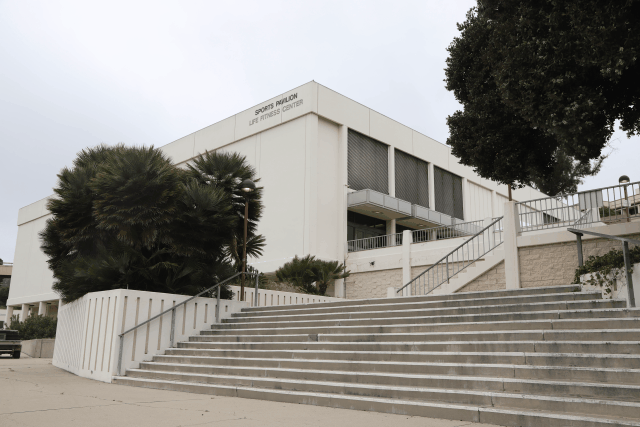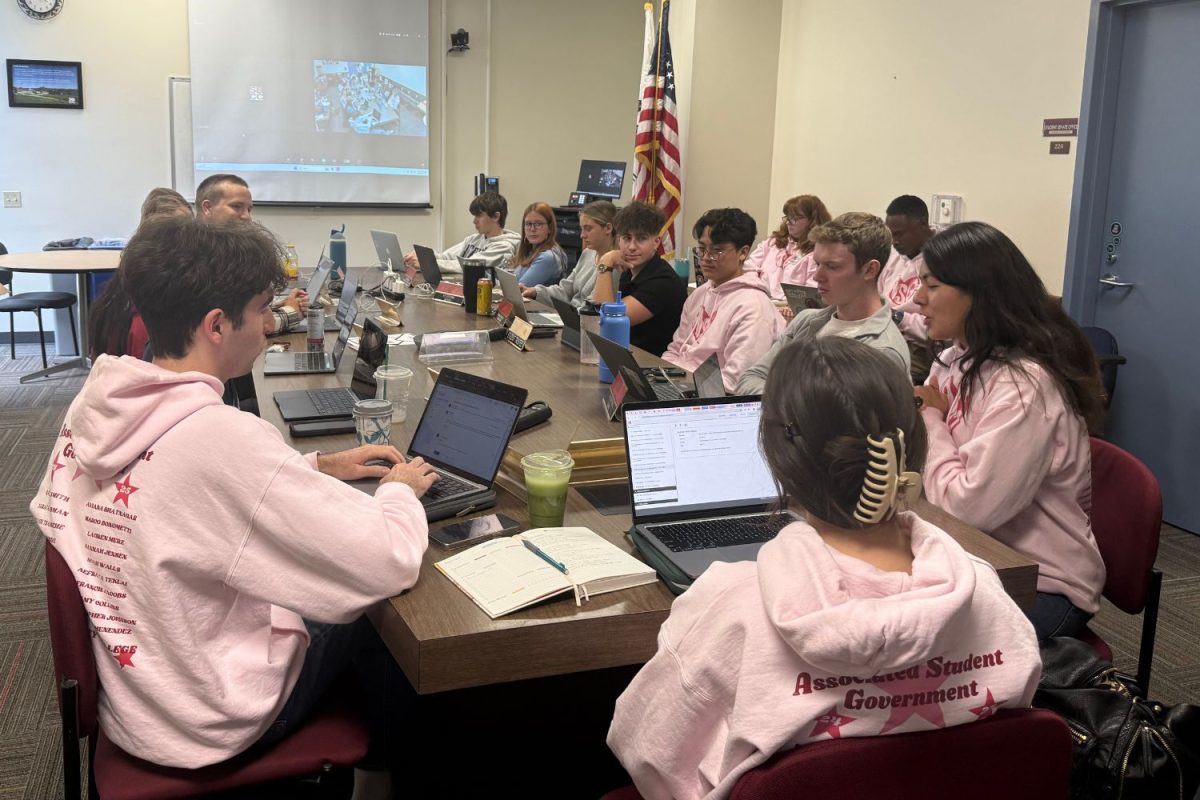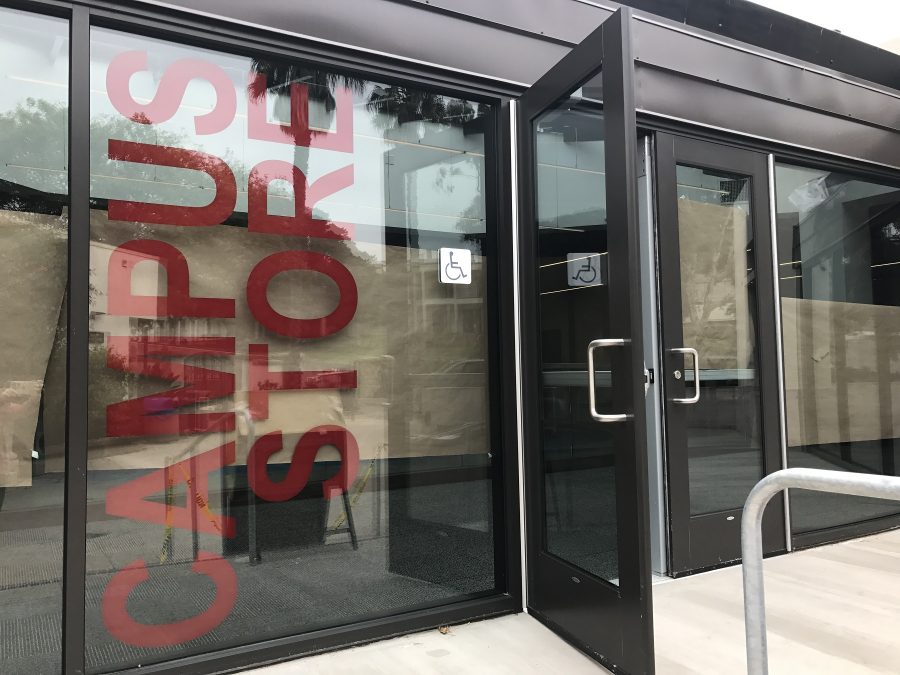The American ethnic studies department partnered with a civil rights activist who firsthand underwent oppression in the 1960s to share the short documentary “Freedom Summer” with the City College community.
Activist Benjamin ‘Buz’ Graham brought his experience to the screening event to spark discussion about racial oppression and the power of activism. The event took place from 12:45 to 2:10 p.m. Monday, March 20 in Humanities Building Room 111.
According to a press release put out by the American ethnic studies department, Graham was one of the 700 students that was apart of the Mississippi Summer Project, or Freedom Summer, that was displayed in the film.
Stanley Nelson Jr. documented “Freedom Summer” to display the hostile process that blacks and student activists went through when trying to convince the black population to register to vote in 1964.
The goal of the documented project was to register as many black people to vote as possible. According to the press release, It was planned to draw attention to the extreme oppression that blacks had when trying to exercise their rights.
“It was fairly tense,” Graham said. “You really had no idea if some guy was going to reach in the back of his truck, point a gun at you and shoot you.”
Graham said he was shocked by the way people lived in Mississippi compared to those living in Los Angeles. As opposed to the Beverly Hills life he grew up in, they lived in shacks without toilets or heating. It was different from what he accustomed to.
Graham told the audience of times when he visited restaurants and hotels only to notice how blacks had inferior jobs compared to the “white-privileged people in Beverly Hills.” This is when he first became concerned about employee oppression.
According the press release, he became active in employment discrimination after enrolling at University of California, Berkeley.
“If you want to bring the law to Mississippi, you have to bring the people that the law was going to protect,” Graham said. “And those people were whites.”
As the night concluded, Craig Cook, American ethnic studies professor expressed his gratitude for the message Graham was spreading.
“It’s such an honor to welcome such an inspiration to SBCC,” Cook said. “Exposing students to his story is refreshing.”
Graham told the audience that getting involved in social issues unifies you with your peers.
“There are many so many different issues people can be a part of. It’s important to be involved because you are the one that gets the most benefit.”











